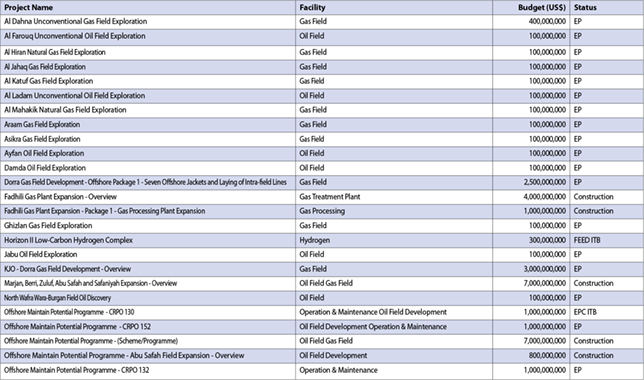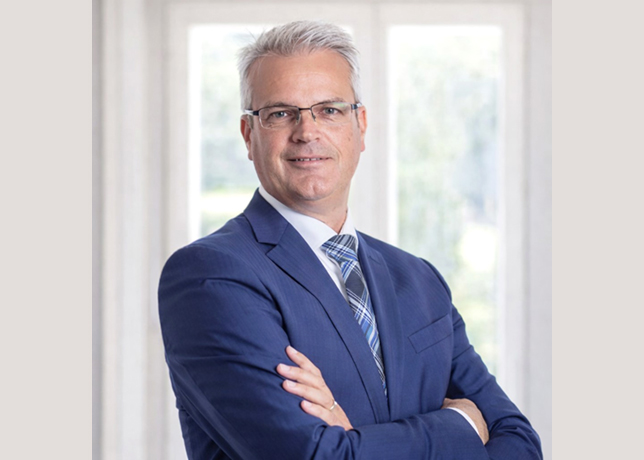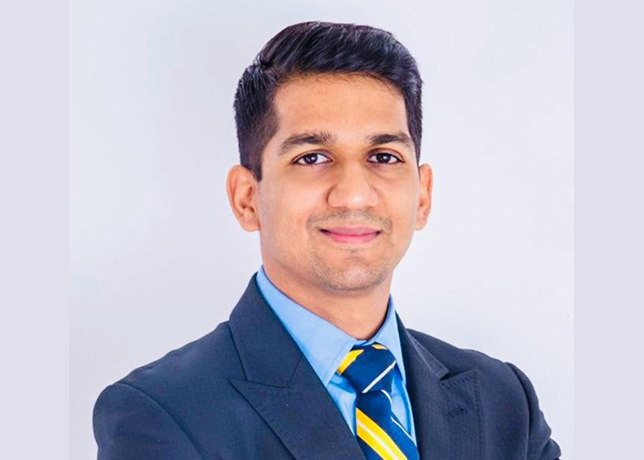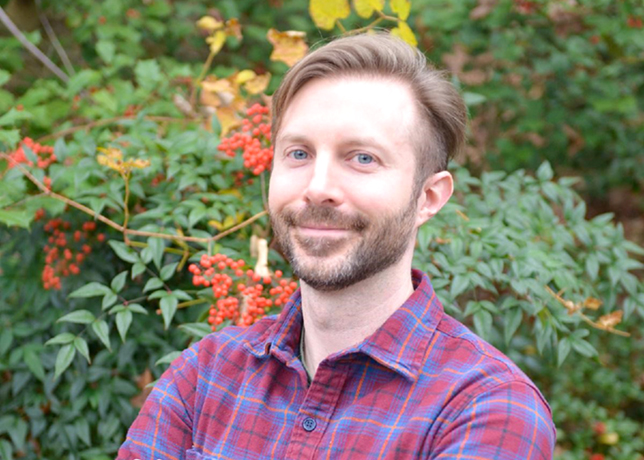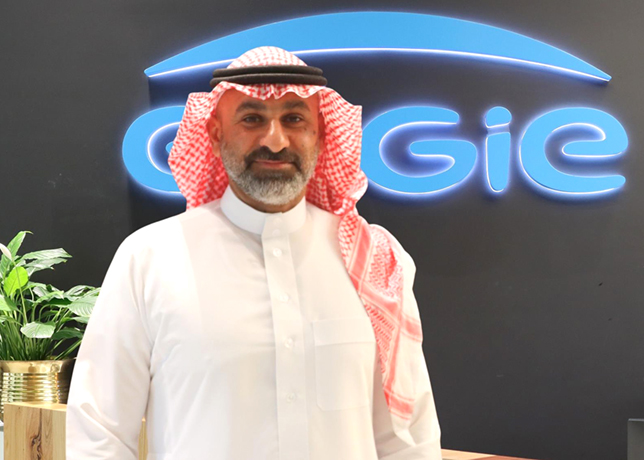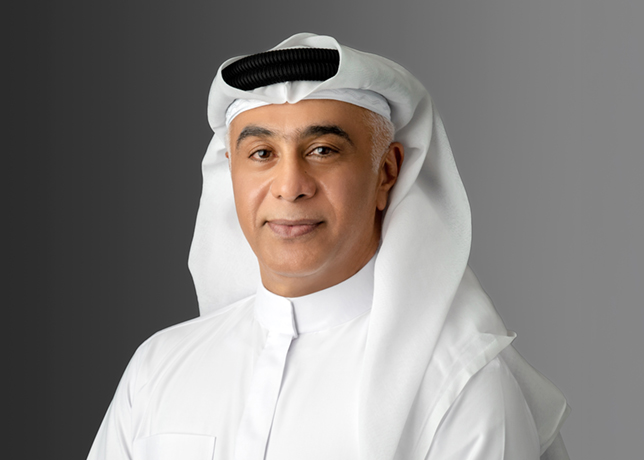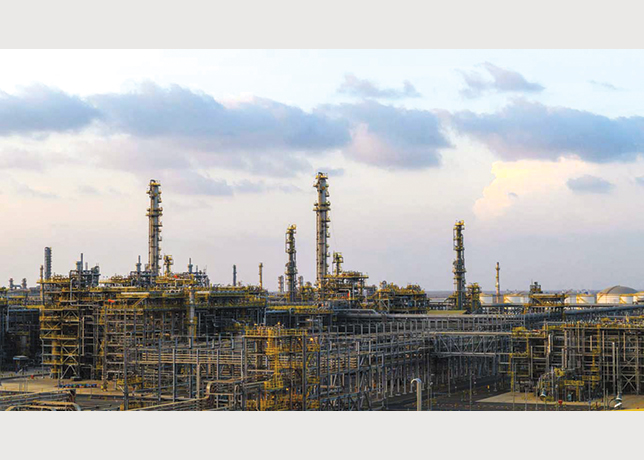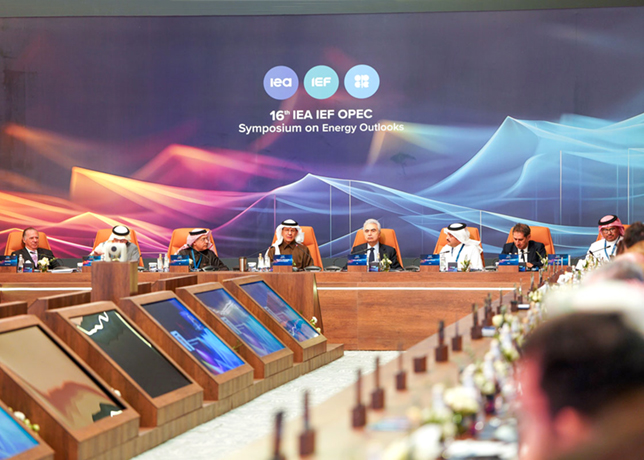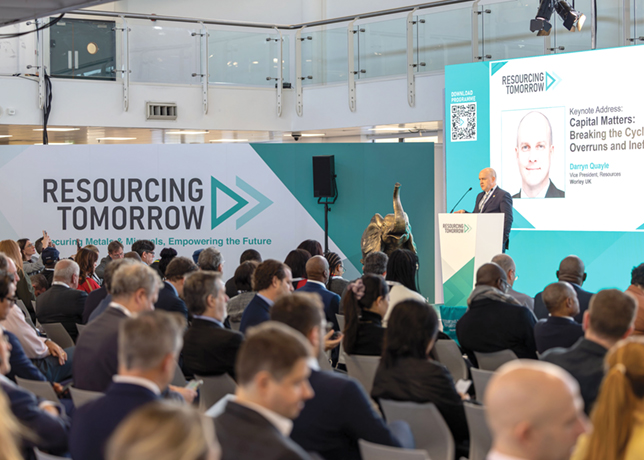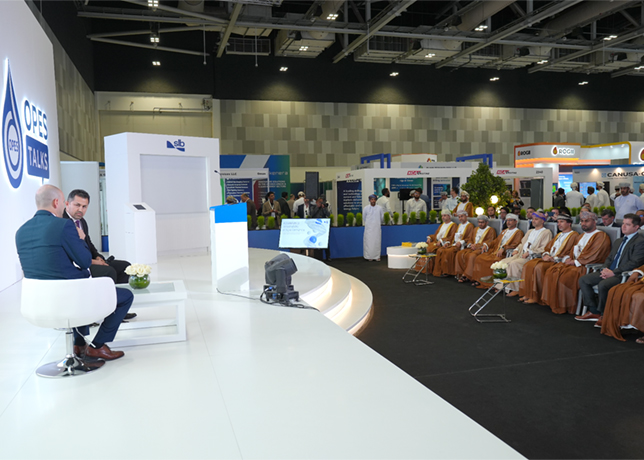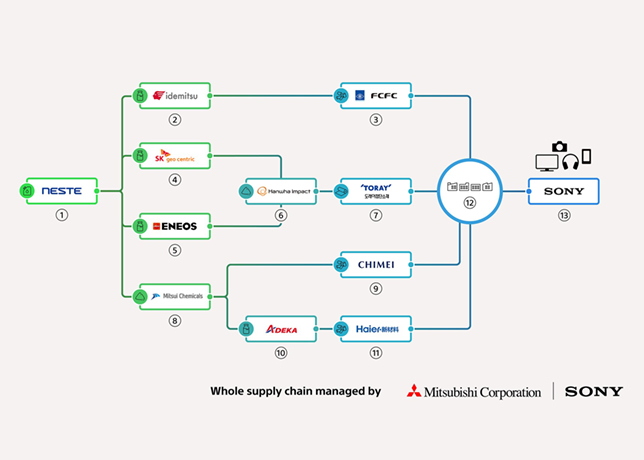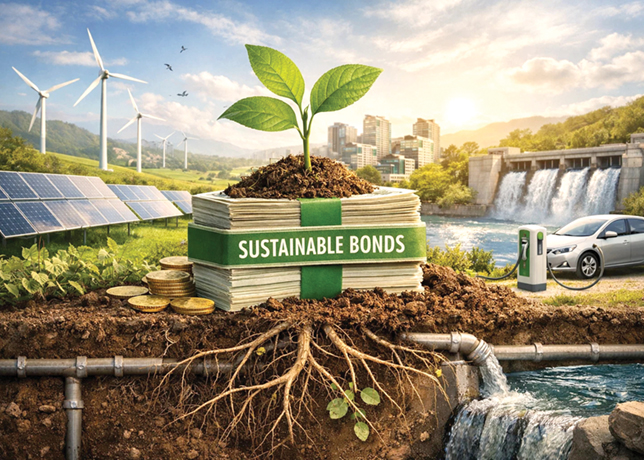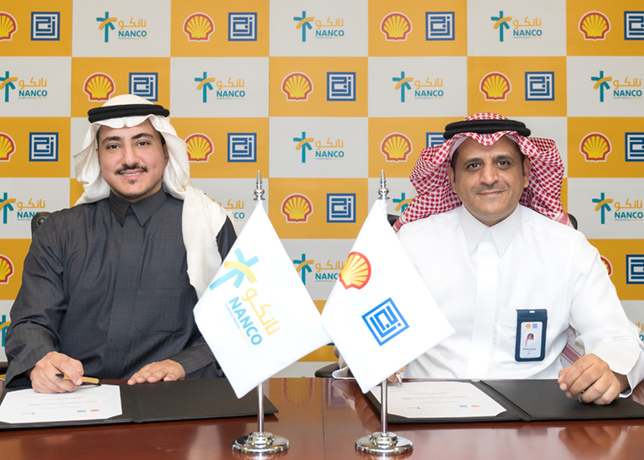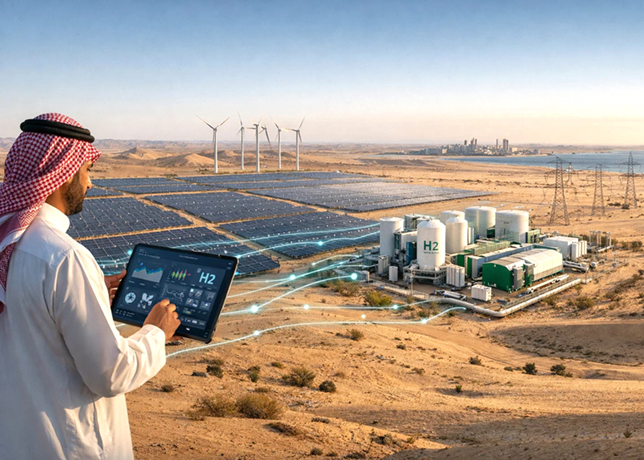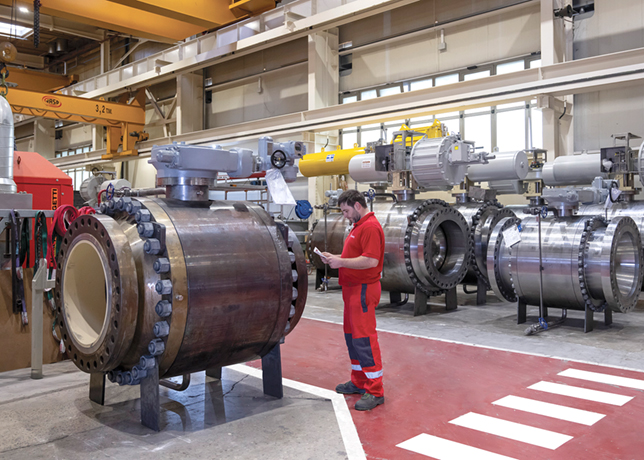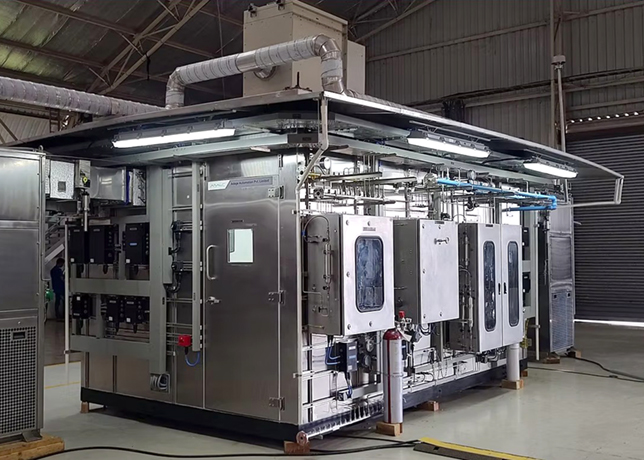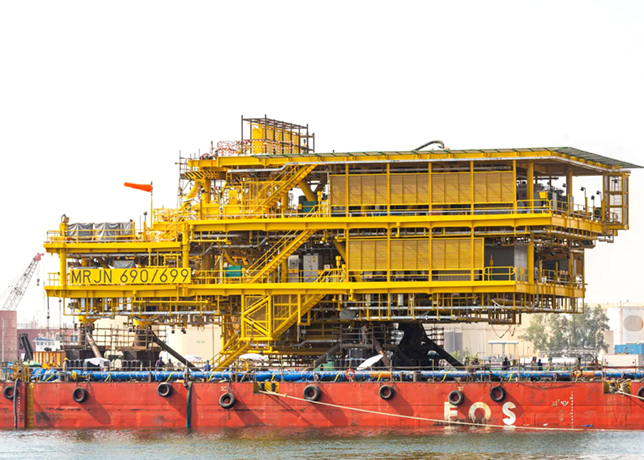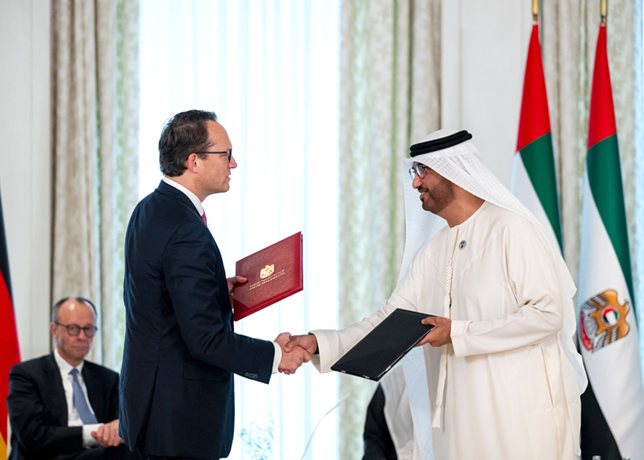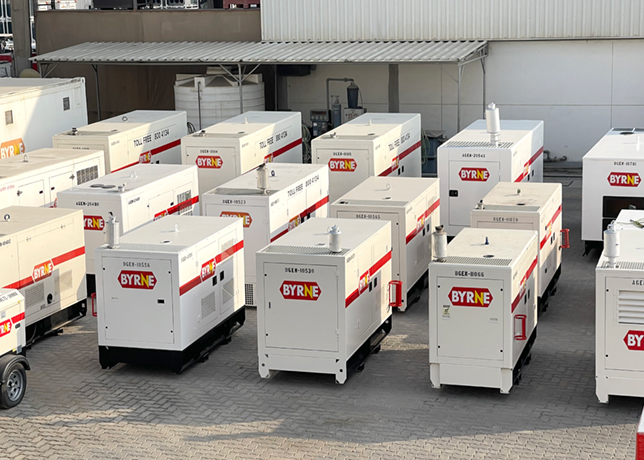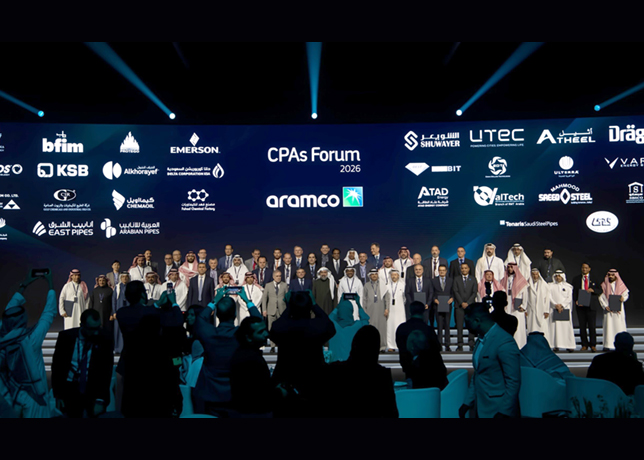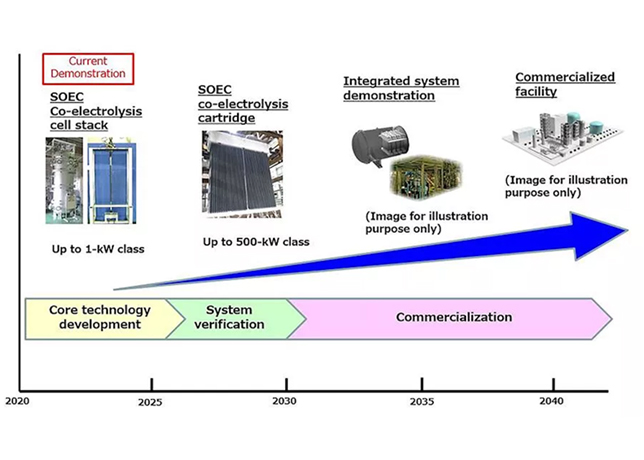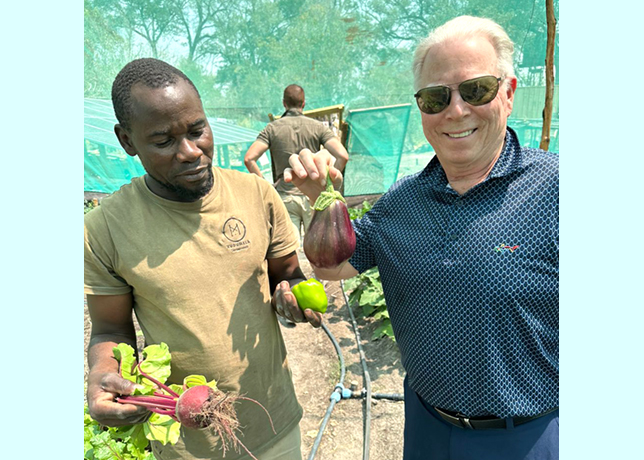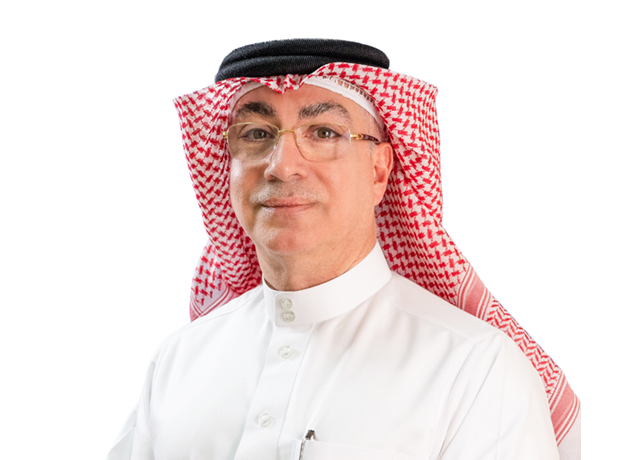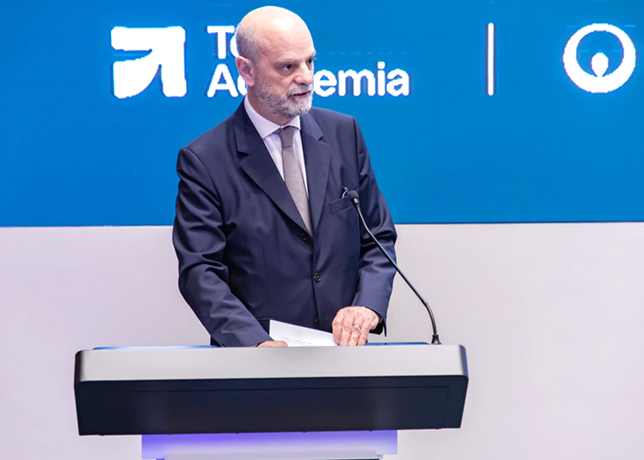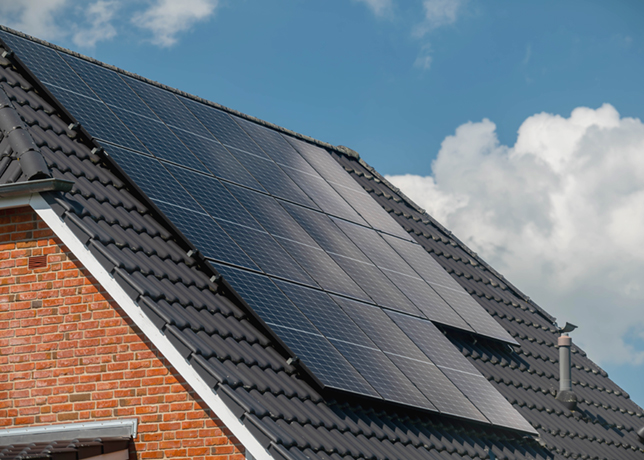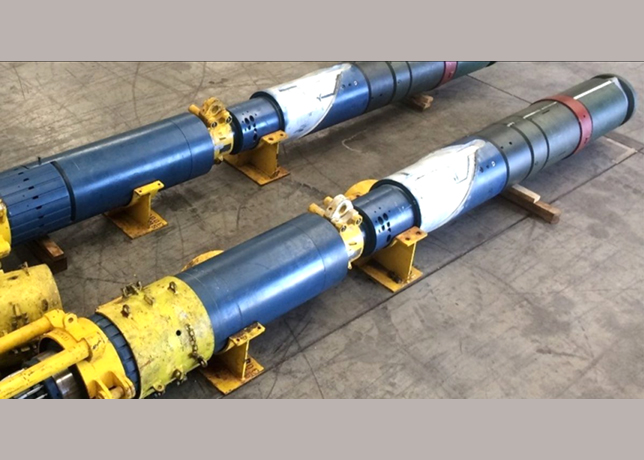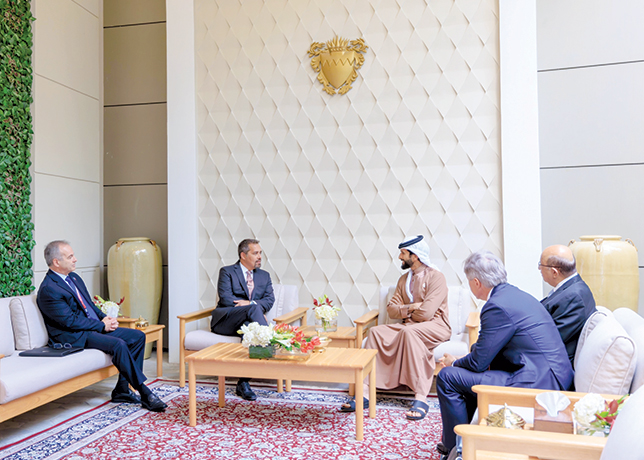
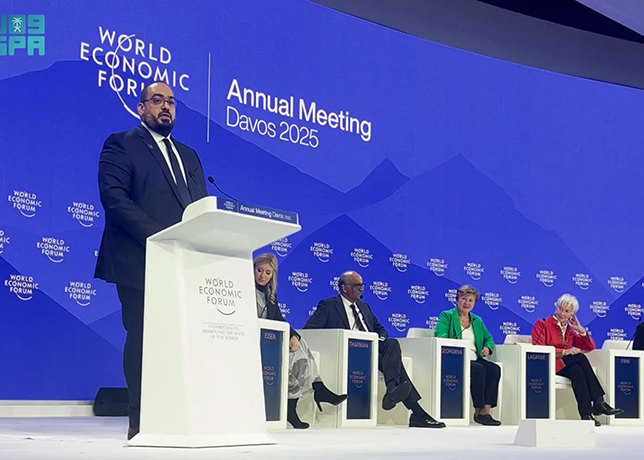 Faisal Alibrahim speaks at a World Economic Forum session
Faisal Alibrahim speaks at a World Economic Forum session
DAVOS: Saudi Arabia has insisted that the global energy demand is surging,and the kingdom remains focused on ensuring efficient and reliable supplies toaddress it.
Speaking at the World Economic Forum inDavos, Saudi Arabia's Minister of Economy and Planning, Faisal Alibrahim,reiterated the country's commitment, alongside OPEC, to stabilising globalenergy markets and meeting growing demand without compromising efforts totackle climate change.
Alibrahim’s remarks come in the wake of USPresident Donald Trump’s call for Saudi Arabia and OPEC to lower oil prices.“If the price came down, the Russia-Ukraine war would end immediately. Rightnow, the price is high enough that that war will continue – you got to bringdown the oil price,” Trump said, addressing WEF delegates via video link. Headded, “We will negotiate with Saudi Arabia to lower oil prices.”
While not directly addressing Trump’scomments, Alibrahim responded: 'Energy supply and energy security areessential for global growth and prosperity. The kingdom’s position, and OPEC’sposition, is all about ensuring long-term market stability, making sure thereis enough supply to meet the growing demand.' He emphasized theinevitability of rising demand, whether in the US driven by AI or globally,noting: “We must supply energy efficiently while using technology andcollaboration to combat climate change, which is a serious challenge.'
He highlighted Saudi Arabia’s unique positionas one of the most heat- and drought-stressed nations, reinforcing thekingdom’s commitment to climate action. However, he cautioned against measuresthat hinder developing and emerging economies from accessing energy resourcesequitably.
'Saudi Arabia is on the front lines. Weare serious about climate action but remain committed to ensuring fair accessto energy for developing and emerging countries,' the minister added.
The kingdom’s position, he noted, is focusedon balancing long-term supply security with the adoption of innovativesolutions to tackle environmental challenges.
'SaudiArabia is serious about climate action, but we cannot afford to jeopardiseenergy supply or fair access to energy for developing and emerging countries,”he added.
At a session titled AllHands On Deck for the Energy Transition, FatihBirol, Executive Director of the IEA, asserted that well-designed energytransition policies could ensure energy security, lower prices, and promoteprosperity while creating jobs. “To antagonize these two important objectivesfor human beings today is, in my opinion, misleading. We can do both, we havedone many things like that before in the world – and this is critical,” Birolstated.



